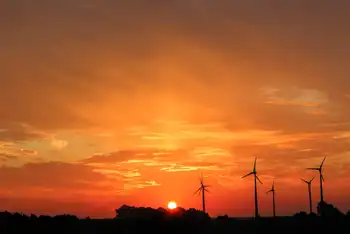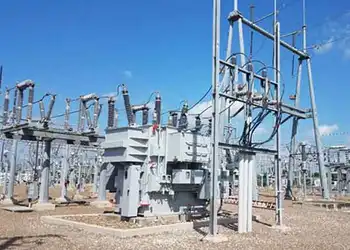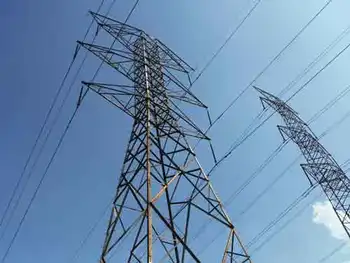Report Sees Vast Needs for Energy Capital
WASHINGTON - - The world's increasing demand for energy will require total investments of $16 trillion by 2030, most of it needed to maintain and expand the electricity infrastructure, according to a study released recently.
The report - a yearlong study by the International Energy Agency, a Paris-based group set up by leading energy-consuming nations in response to the oil embargo of the early 1970's - finds that oil from the Persian Gulf region will play an increasingly important role in the world economy despite economic, political and geological questions in the region. The uncertainty surrounding the development of Iraq's vast oil reserves contributes to these questions, the report found.
Called the World Energy Investment Outlook - 2003, it was supervised by Fatih Birol, chief economist for the agency, and included information from international organizations, energy companies and financial institutions. The agency itself is an autonomous group linked to the Organization for Economic Cooperation and Development.
The report's main implication, the need for enormous investment in existing energy technology, led some experts to question whether innovative technologies should receive more attention.
"Do we want to spend that many trillion of dollars doing the conventional energy we are doing today," asked Amy Myers Jaffe, who heads the energy program at the James A. Baker III Institute for Public Policy at Rice University, "or should we be putting more money into research and development to find things that could have a dramatic impact?"
It is not clear who will provide the necessary capital cited by the study. Developing countries will require $5 trillion. But, the report noted, "the uncertainty about whether developing countries will be able to mobilize this level of investment is significant, particularly for Africa and India."
By 2030, it predicted, 43 percent of the world's oil will come from the Middle East - a 50 percent increase from today. Persian Gulf oil has the cheapest recovery costs, yet the study found challenges ahead for the region.
One is geological. The study said that the region's large fields face an increasing rate of decline - the percentage, now about 5, at which their production drops each year.
As a result, more and more money will be needed to maintain current production from existing fields. Capital flows to the Middle East are an important issue, the study said, but it noted that Saudi Arabia, Iraq and Kuwait have restrictive policies limiting direct participation in oil development and production to their national oil companies.
The report said Iraq would have the greatest incentive to attract outside capital but would face an inhibiting factor - the "likely nationalist sentiment of the Iraqi population."
Similar feelings have limited or prevented foreign investment in other oil-producing countries, including Mexico and Venezuela.
The war in Iraq has increased political instability, the study said, and it predicted that the political and legal environment would not be ripe for outside investment until 2005.
It calculated further that if Middle East oil countries proved more hostile to foreign investment, that would increase the need for worldwide investment a further 8 percent, driving up energy prices.
The report estimated that worldwide demand for oil would reach 120 million barrels a day by 2030, up from 77 million barrels now. But the $2.2 trillion that will be needed to explore and develop oil production will be mostly spent - 75 percent - on maintaining existing fields, with the remaining 25 percent spent on finding new oil to meet the greater demand.
Investment needs, the report explained, are "far more sensitive to changes in decline rates than to the rate of growth of oil demand."
The notion that it will be increasingly costly to find more oil was reinforced by some industry executives. "By 2015," said Jon Thompson, the president of the Exxon Mobil Exploration Company, "we will need to find, develop and produce a volume of new oil and gas that is equal to 8 out of every 10 barrels being produced today."
In remarks earlier this year to company shareholders, Mr. Thompson said that "the cost associated with providing this additional oil and gas is expected to be considerably more than what industry is now spending."
Related News

The Banker Trying to Fix the UK's Electricity Grid
LONDON - During his three decades at investment bank Morgan Stanley, Franck Petitgas developed a reputation for solving problems that vexed others. Fixing the UK’s creaking power grid could be his most challenging task yet.
Earlier this year, Prime Minister Rishi Sunak appointed Petitgas as his chief business adviser, and the former financier has been pushing to tackle the gridlock that’s left projects waiting endlessly for a connection, an issue he sees as one of the biggest problems for industry.
But there are no easy solutions to tackle the years-long queue to get on the grid or the drawn-out planning process for…




